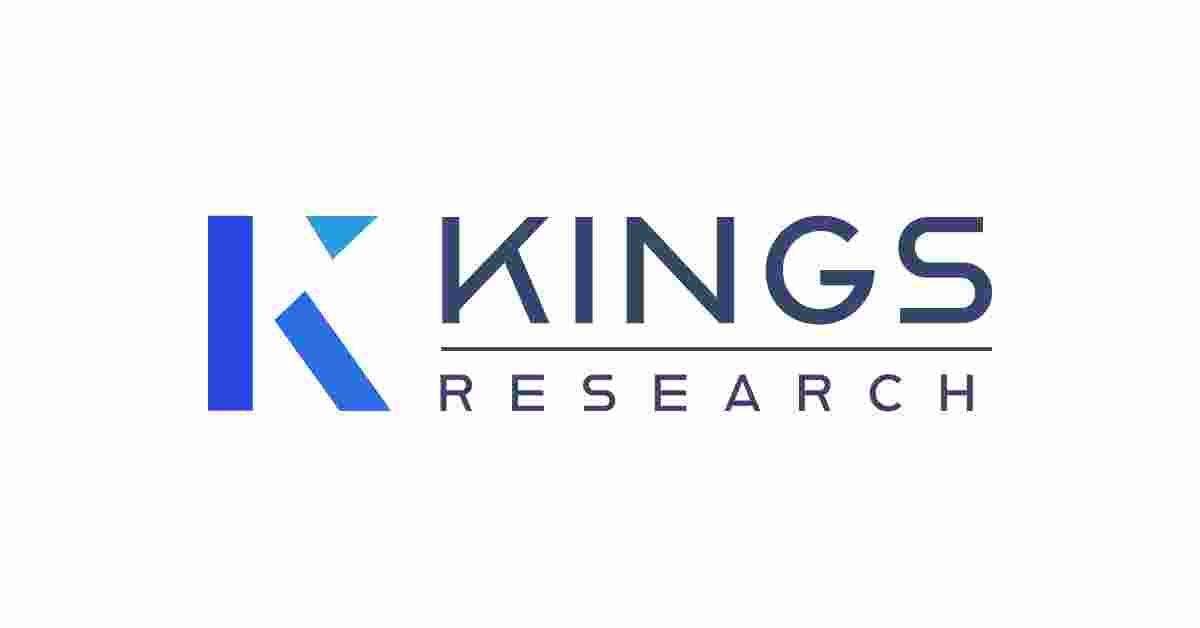The construction landscape in the US is experiencing a significant shift, with a growing reliance on efficiency and on-demand material delivery. At the heart of this transformation is the Mobile Concrete Mixer market, a sector now positioned for steady and sustained growth. These versatile machines, which allow concrete to be mixed on-site and in transit, are proving essential to meeting the demands of modern infrastructure and real estate projects across the United States. New market projections confirm the robust momentum of this industry.
Market Summary: A Foundation for Growth
The global Mobile Concrete Mixer market was valued at a substantial USD 8,320.0 million in 2023. This valuation is estimated to climb to USD 8,739.4 million in 2024 and is projected to reach USD 12,817.3 million by 2031. This steady expansion translates to a respectable Compound Annual Growth Rate (CAGR) of 5.62% over the forecast period (2024–2031). This trajectory underscores the necessity of these machines in maintaining the pace of urbanization and infrastructure development, particularly within the dynamic US construction sector.
Market Analysis: Prioritizing Precision and Efficiency
Mobile concrete mixers offer a distinct advantage over traditional batch plants by reducing material waste, ensuring fresh concrete delivery, and allowing for customizable mix designs directly at the job site. This on-demand capability is crucial for large-scale, time-sensitive projects like bridge construction, highway repair, and wind farm foundations. For construction firms in the US where labor costs are high and project timelines are tight, the efficiency gains offered by these mobile solutions are translating directly into competitive advantages and higher margins. The focus is shifting from bulk delivery to precision-mixed, on-site materials.
Market Scope: Versatility in Construction
The scope of the Mobile Concrete Mixer market extends beyond simple residential construction. Key segments and applications include:
· Volumetric Mixers: Known for their ability to mix and dispense concrete as needed, offering maximum material control, which is highly valued in the US for remote or dispersed job sites.
· Transit Mixers (Truck Mixers): The traditional workhorses for high-volume delivery across major metropolitan areas of the United States.
· Infrastructure Projects: Crucial for public works, road repairs, and utility installations where precise, small-to-medium batches are often required.
· Pre-Cast and Small-Scale Contractors: Catering to specialized applications requiring various concrete grades in a single day.
Key Market Drivers and Factors for US Expansion
Market Drivers:
1. Infrastructure Investment: Significant federal and state-level infrastructure spending in the US, targeting highways, bridges, water treatment, and public transit, is the primary accelerator for demand.
2. Growth in Residential and Commercial Construction: A sustained rebound in housing starts and commercial real estate development continues to fuel the need for reliable concrete delivery.
3. Technological Advancements: Innovations in telematics, automation, and real-time monitoring within the mixers are improving efficiency and reducing operational downtime.
Key Factors:
· Environmental Regulations: Increasing environmental scrutiny and regulations regarding dust and noise pollution may drive adoption of more enclosed, efficient, and quieter mixer models.
· Operating Costs: The rising cost of fuel and maintenance pressures contractors to invest in newer, more fuel-efficient and durable equipment.
Regional Analysis: North America Leads the Way
North America, spearheaded by the robust demand and heavy investment in the United States, is a dominant force in the mobile concrete mixer market. The US market benefits from an established network of equipment manufacturers, a strong rental market, and a vast, diverse geography that necessitates the mobility and flexibility that these mixers offer. Furthermore, the region’s stringent quality control standards push manufacturers to innovate continuously, ensuring the highest performance equipment is deployed on US job sites.
Recent Developments: Digitization and Hybrid Power
Recent innovations in the sector center on digitization and sustainable power solutions. Many manufacturers are now integrating advanced telematics and GPS into their mobile mixers, allowing fleet managers to track location, monitor mix consistency, and predict maintenance needs in real-time. Additionally, the development of hybrid and electric mobile concrete mixers is gaining traction. While still nascent, these sustainable models are a direct response to carbon reduction goals and evolving regulations, signaling the industry's commitment to a cleaner, more efficient construction future across the United States.
The mobile concrete mixer is more than just a piece of equipment; it is a vital solution for the precision and speed demanded by the modern age of construction. Its continued growth trajectory is a clear indicator of the enduring strength and vitality of the US construction market.
Get Full Report: https://www.kingsresearch.com/mobile-concrete-mixer-market-1766
Get Related Reports:



